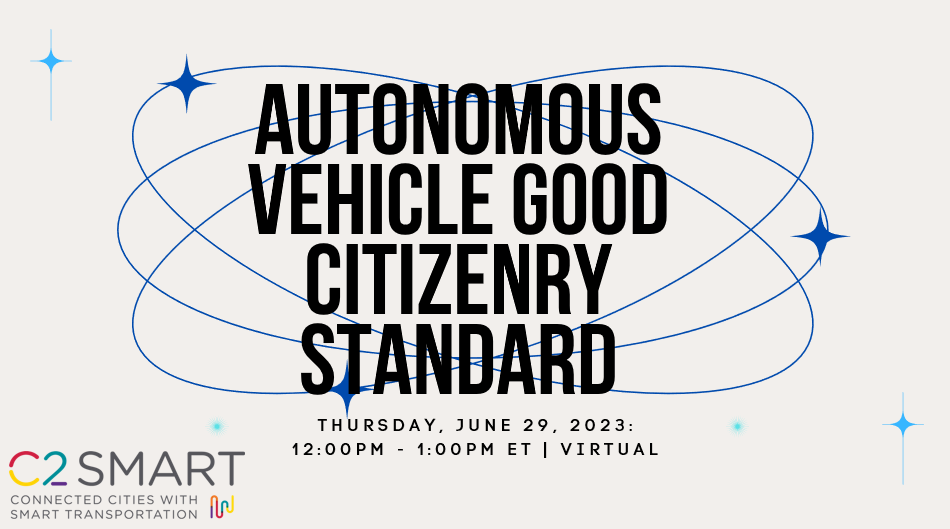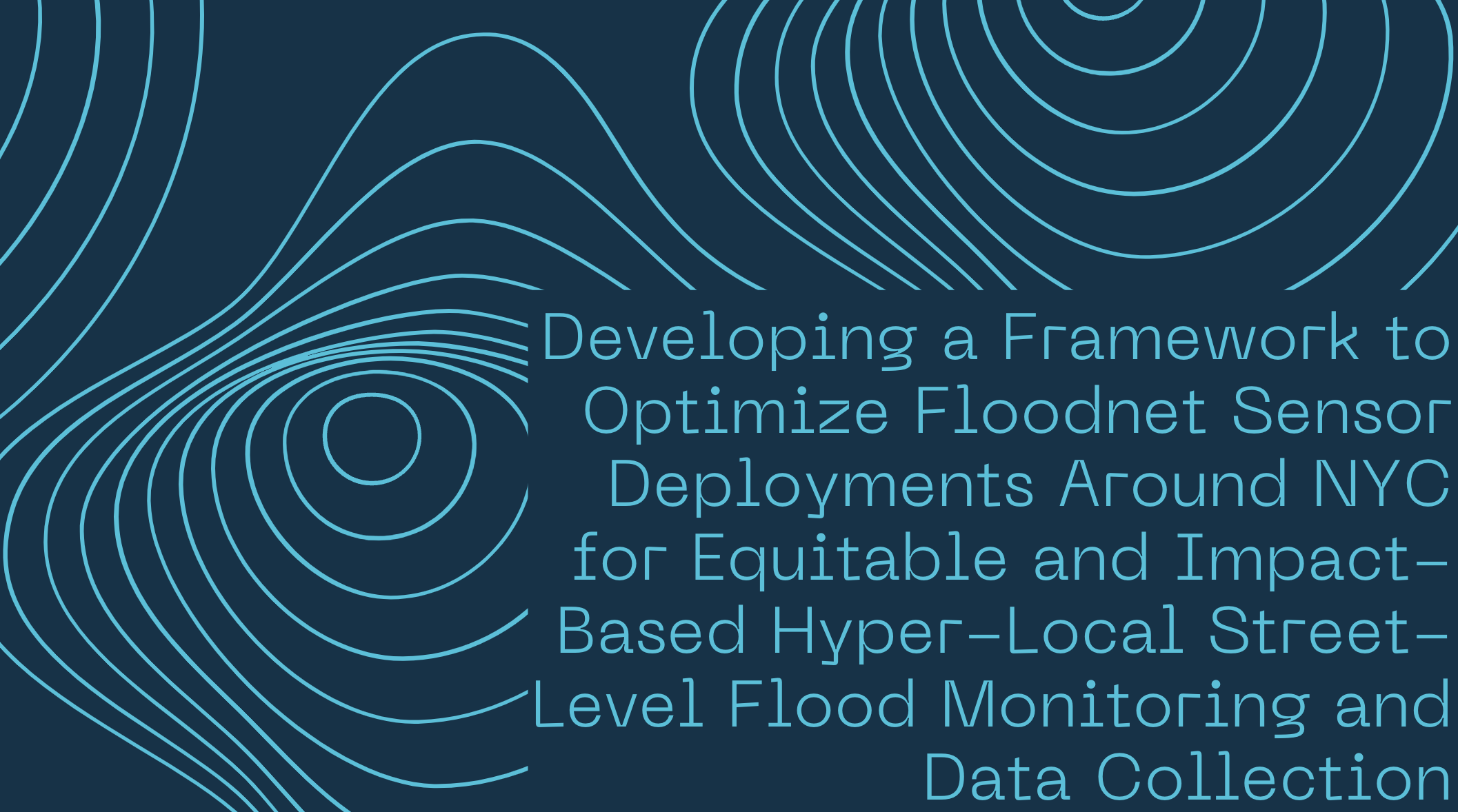Tech Transfer: Webinars Seminars Conferences Collaborative Platforms Innovation Events
C2SMARTER is committed to pursuing implementable solutions to today’s most challenging urban transportation problems and ensuring those solutions make the transition from the research phase to real-world applications. The Center’s technology transfer strategy is a key part of this mission, which includes facilitating data- and information-sharing among academia, government, and industry and seeking ways to hear and meet the needs of various stakeholders in transportation. To ensure that the outcomes of our research reach the appropriate parties, C2SMARTER and its affiliated faculty researchers commit time and resources to involving key stakeholders in the research process and undertaking a comprehensive outreach and dissemination program.
Technology Transfer
We are developing innovative solutions that focus on emerging disruptive technologies and their impacts on transportation systems with the aim of accelerating technology transfer from the research phase to the real world.
Technology Transfer
We are developing innovative solutions that focus on emerging disruptive technologies and their impacts on transportation systems with the aim of accelerating technology transfer from the research phase to the real world.
Project Spotlights
Webinars & Seminars
Common Innovation Platform
C2SMARTER built a new collaborative research platform, Common Innovation Platform (CIP), which allows for greater and increased collaboration between the different members of the research consortium. CIP provides two-way interaction using API capabilities that brings together interconnected data repositories, project and task management tools for expected deliverables and datasets, and a collaborative project workspace. CIP can integrate version control systems as well as project management tools within the collaborative workspace, which allows all participating users to see and manipulate the data simultaneously for centralized research collaboration.
- Data Repository
- Data Storage & Analysis
- Project Management
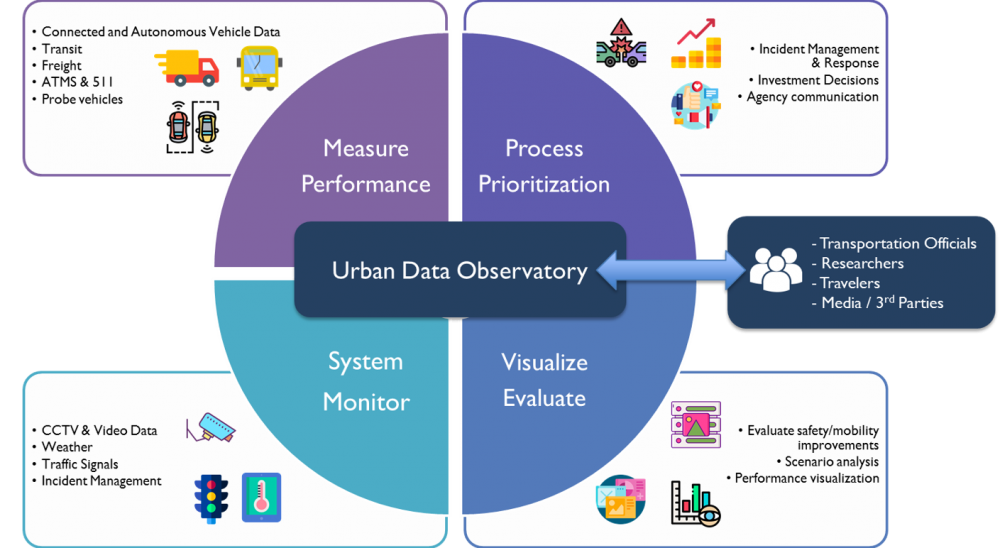
Data within the CIP framework is stored in the urban data observatory (UDO), a PostgreSQL server. The UDO is capable of interactive analysis of data and displaying it in a refined and apropriate format. When running data queries or simulations using CIP, the data is drawn directly from the UDO server.
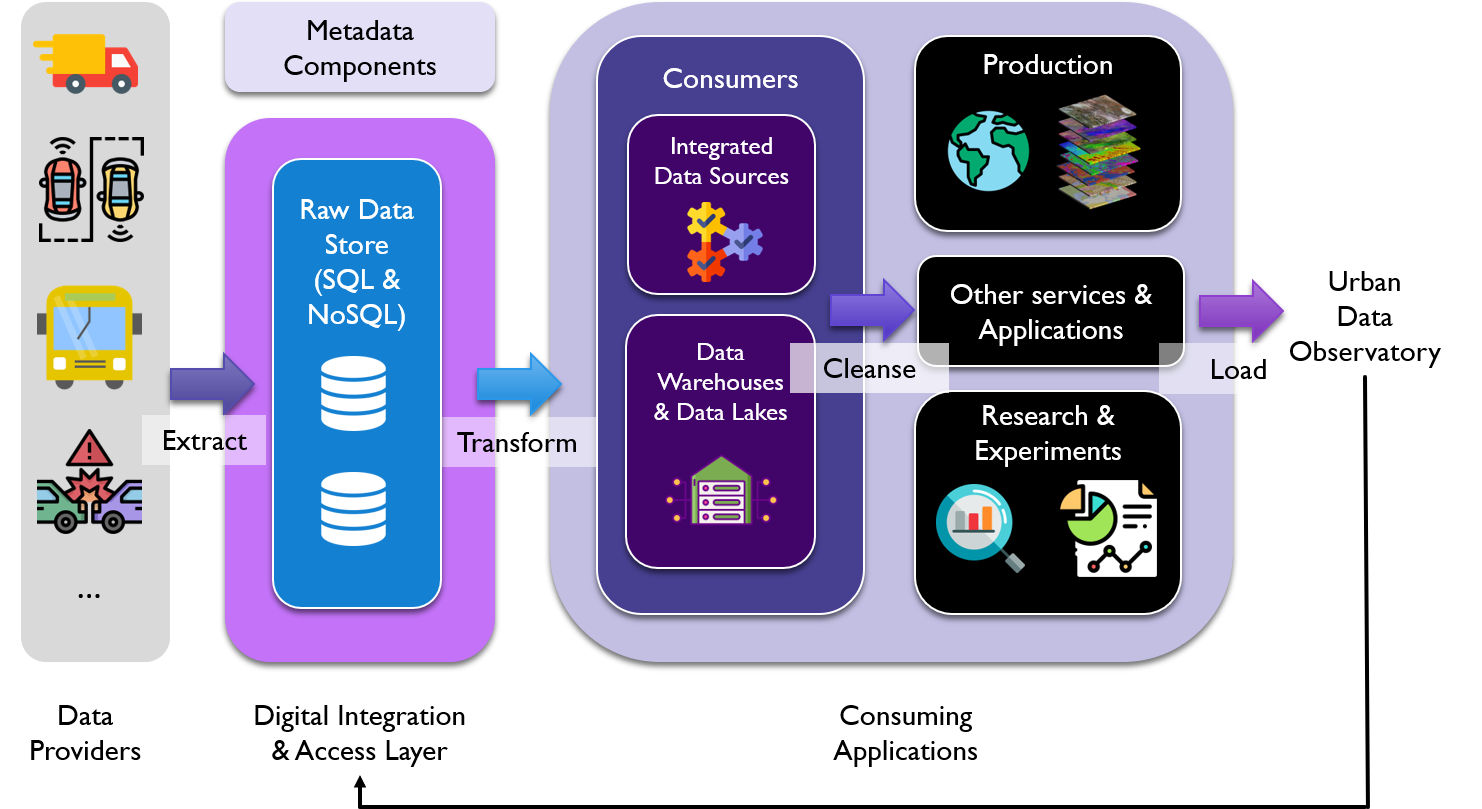
The data and its results are able to be displayed to all users in a collaborative workspace simulatenously, and all users are capable of performing operations on the UDO server. All data from the UDO is stored in a separate data warehouse, which allows large amounts of raw metadata to be stored in data lakes. Data from the warehouse cannot be directly analyzed for research purposes, which can only be done from the datafiles located in the UDO server.
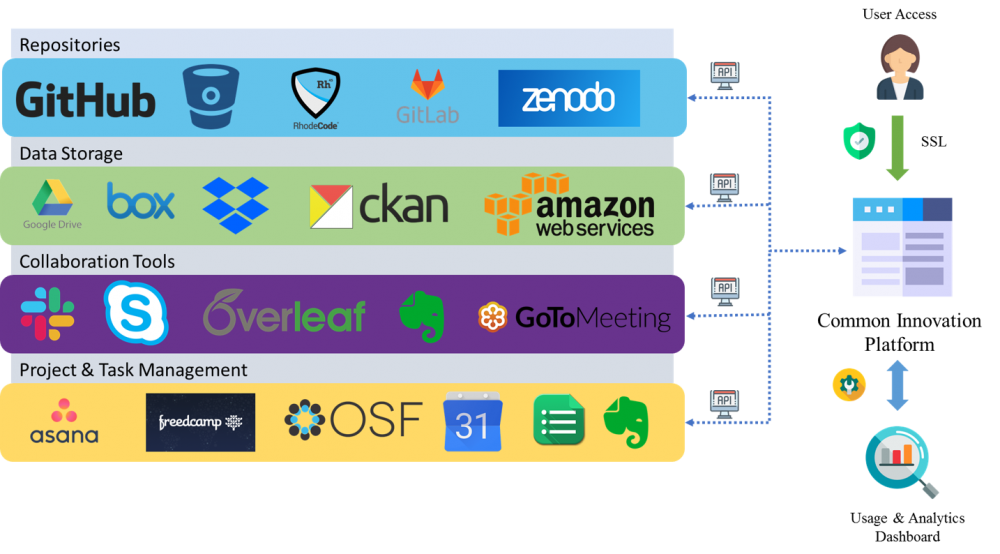
Finally, CIP has the capability to integrate version control systems as well as project management tools within the collaborative workspace, which would allow all participating users to see and manipulate the data simultaneously, enabling efficient and centralized collaboration on research projects.



